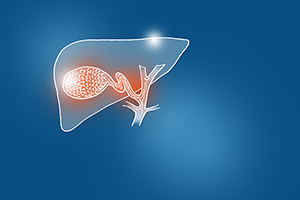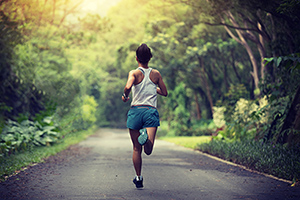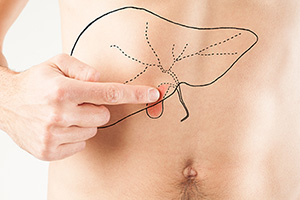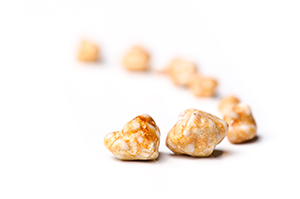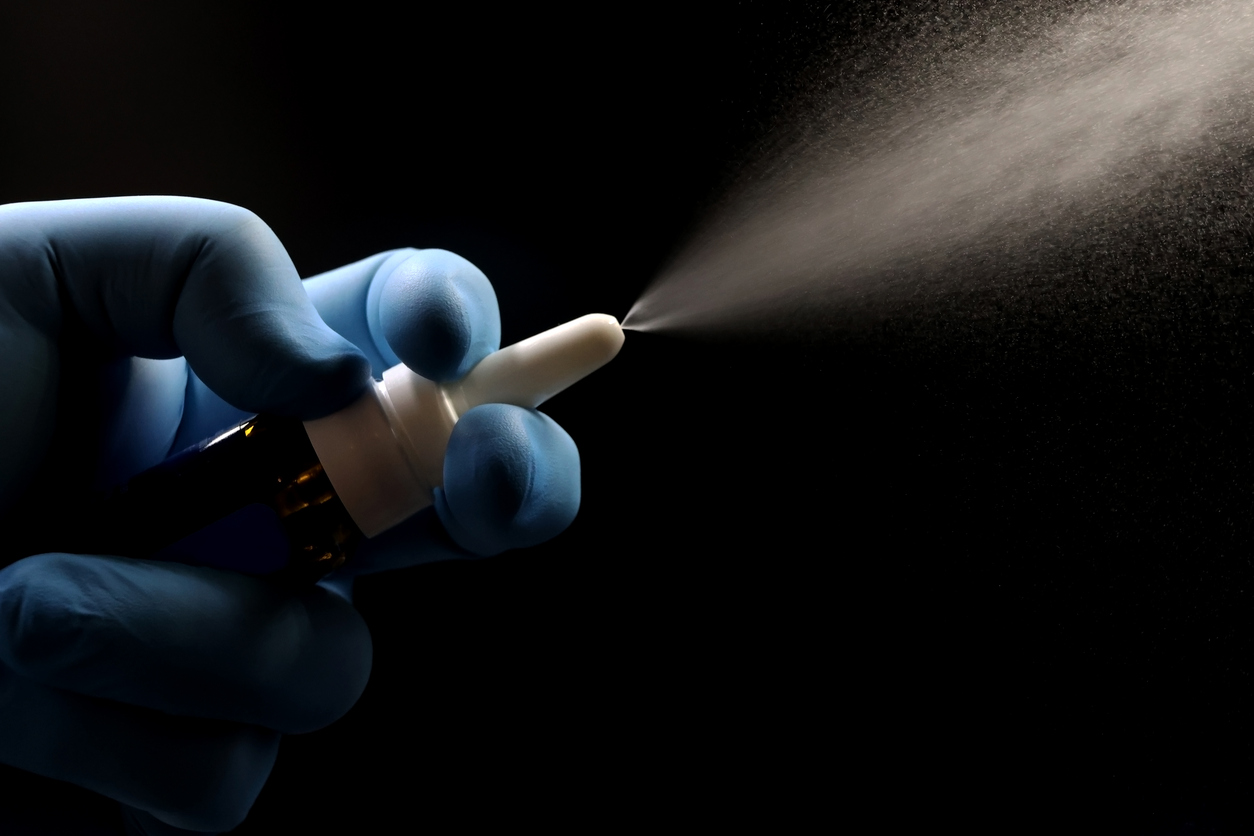Q: Is it harmful to ingest too much fat at one meal after you’ve had your gallbladder removed?
A: The gallbladder is essentially a depot for bile secreted by the liver. Bile is necessary for the emulsification, digestion, and absorption of fats. After eating a meal containing some fat, the hormone CCK (cholecystokinin) is released by the epithelial cells of the duodenum to stimulate contraction of the gallbladder to release bile. Bile shrinks fat droplets, allowing enzymes to more readily break them down.
Having had your gallbladder removed (cholecystectomy), there is no “depot” anymore for the bile to go. Therefore, a common short-term side effect after this procedure is diarrhea. And due to this, the common nutritional advice is to eat a low-fat diet. After some time, however, the body will readjust to living without a gallbladder and any diarrhea should resolve on its own or just occur occasionally at worst.
Eating a high-fat meal soon after having your gallbladder removed may result in diarrhea. This isn’t harmful, per se, except for losing some electrolytes with dehydration short term. But you should be able to return to a more moderate-fat diet (like a Mediterranean style diet, which is 40% fat) as your liver adjusts to regular bile secretion without a gallbladder.
Gallstones are a primary reason for cholecystectomy, and the primary risk factor for developing gall stones, barring any side effects of prescription medications, is a very low-fat or nonfat diet. When on such a diet, the gallbladder has little opportunity to contract at all. The bile housed there can sludge, crystallize, and eventually turn to stones. Ironically, those suffering from painful gallstones are advised to follow a very low-fat diet so the gallbladder barely contracts at all, or have their gallbladder removed.
I’ve had patients do very well on moderate fat to high-fat diets like keto—all without their gallbladders.
To your health!
